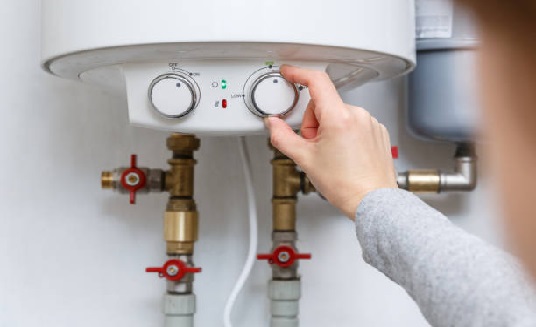Choosing the right hot water cylinder is crucial for any household in New Zealand, as it directly impacts comfort, energy efficiency, and overall costs. With a variety of options available, it can be overwhelming to determine which type best suits your needs. This guide explores the different hot water cylinder options available to Kiwi households, highlighting their features, benefits, and considerations hot water cylinder nz.
Introduction to Rheem Hot Water Cylinders
Rheem is a trusted brand in the hot water industry, known for its commitment to quality and innovation. Founded in the early 20th century, Rheem has built a reputation for producing durable and efficient hot water systems suitable for various residential needs. Rheem hot water cylinders are available in different types, including electric, gas, and solar options, providing flexibility depending on your energy preferences and budget.
1. Electric Hot Water Cylinders

Overview: Electric hot water cylinders are among the most common options in New Zealand. They use electricity to heat water and come in various sizes to accommodate different household needs. Benefits: • Ease of Installation: Generally straightforward to install and connect to existing plumbing. • Low Initial Cost: Typically less expensive to purchase and install compared to gas or heat pump systems. • Consistent Supply: Can provide a reliable supply of hot water, especially in well-insulated models. Considerations: • Running Costs: Electricity can be more expensive, leading to higher ongoing costs. • Environmental Impact: Heavily reliant on electricity, which may come from non-renewable sources.
2. Gas Hot Water Cylinders
Overview: Gas hot water cylinders use natural gas or LPG (liquefied petroleum gas) to heat water quickly and efficiently. Benefits: • Fast Heating: Provides hot water on demand, making it ideal for larger families or high usage. • Lower Operating Costs: Often more economical to run than electric systems, particularly in areas with cheaper gas prices. • Reliability: Functions even during power outages, ensuring hot water is always available. Considerations: • Initial Installation Costs: May require more investment upfront, especially if gas lines need to be installed. • Safety Concerns: Requires proper ventilation to prevent gas build-up and ensure safety.
3. Heat Pump Hot Water Cylinders
Overview: Heat pump systems use electricity to move heat from the air (or ground) to heat water, rather than generating heat directly. Benefits: • Energy Efficiency: Can produce several times more energy in hot water than they consume in electricity, leading to lower energy bills. • Environmental Benefits: Use renewable energy, making them a more sustainable choice. • Lower Running Costs: Although the initial investment may be higher, long-term savings on energy costs can be significant. Considerations: • Installation Space: Requires adequate airflow and space for installation, which may not be suitable for all homes. • Performance in Extreme Weather: Efficiency can decrease in very cold conditions, although many models are designed to perform well in varied climates.
4. Solar Hot Water Systems
Overview: Solar hot water systems utilize solar panels to capture sunlight and heat water, making them a sustainable and renewable option. Benefits: • Renewable Energy Source: Significantly reduces reliance on fossil fuels and lowers carbon footprint. • Long-Term Savings: Can drastically cut down on energy costs, especially in sunny regions. • Government Incentives: May qualify for subsidies or incentives from the New Zealand government, enhancing affordability. Considerations: • Initial Costs: Higher upfront investment, including the cost of solar panels and installation. • Weather Dependence: Performance can vary based on weather conditions and may require a backup system for cloudy days.
5. Continuous Flow Hot Water Systems
Overview: Also known as tankless systems, continuous flow hot water systems heat water on demand without the need for a storage tank. Benefits: • Unlimited Hot Water: Provides hot water as needed, making it ideal for households with varying demands. • Space-Saving Design: Requires less space than traditional tanks, suitable for smaller homes. • Energy Efficient: Only heats water when needed, reducing energy waste. Considerations: • Flow Rate Limitations: May struggle to meet demand during peak usage times if not sized correctly. • Higher Initial Costs: Generally more expensive to install than traditional tank systems.
Conclusion
When exploring hot water cylinder options for your Kiwi household, consider factors such as energy efficiency, initial costs, ongoing operating expenses, and your household’s hot water needs. Electric, gas, heat pump, solar, and continuous flow systems each have unique advantages and considerations. By understanding these options, you can make an informed decision that ensures reliable hot water while aligning with your budget and sustainability goals. Investing in the right hot water cylinder will enhance your home’s comfort and efficiency for years to come.